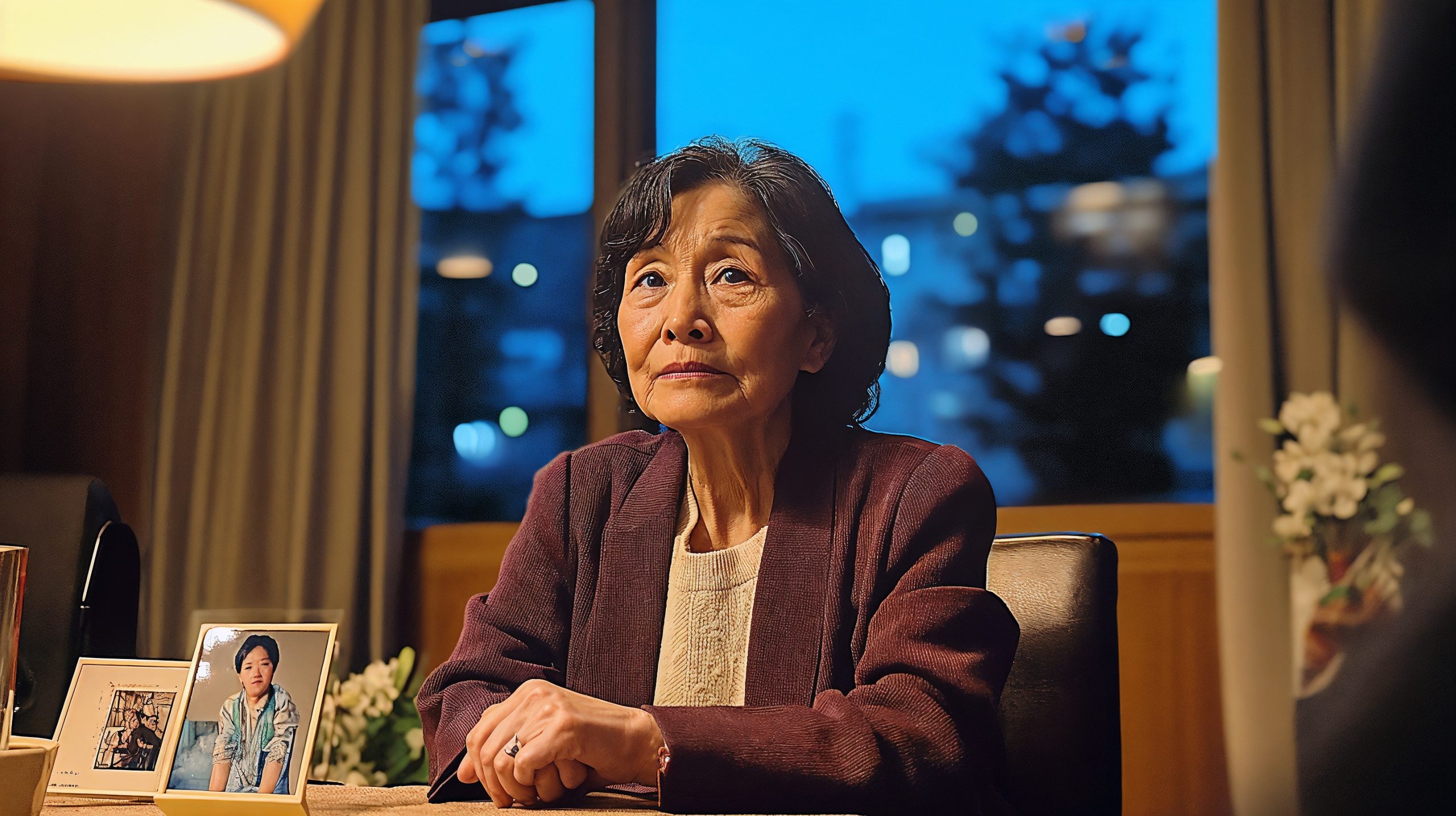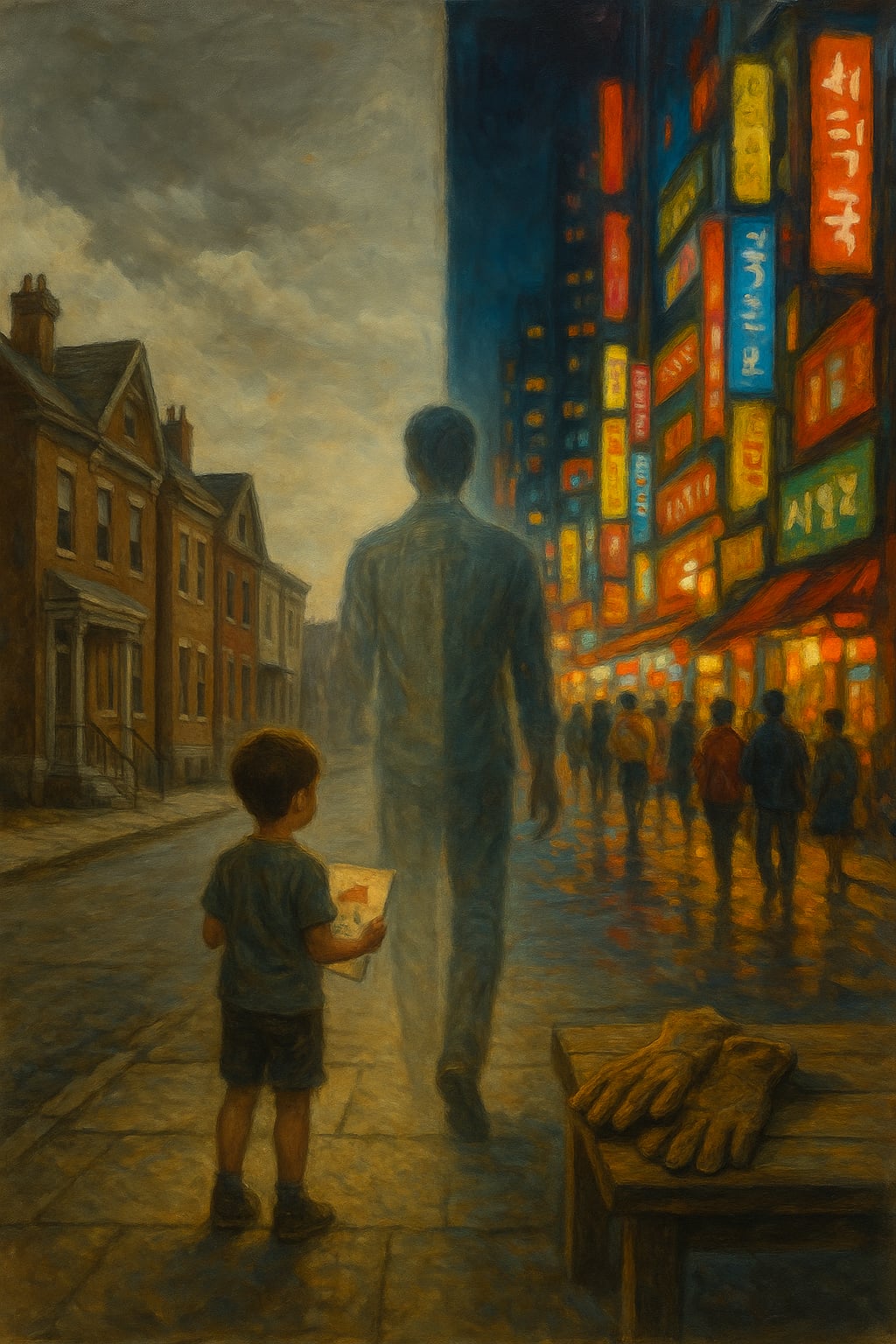Behind every exile is a voice — one that carries pain, hope, memory, and resistance. Exiled Voices are the echoes of those who have been forced to leave their homelands, not by choice but by circumstance. These are the people who lost their right to stay, but never lost their right to speak.
Exile is more than a change of geography — it is the tearing away from everything familiar. It is leaving behind homes, families, languages, and landscapes that once defined identity. For many, exile comes in the form of political persecution, war, cultural suppression, or fear of violence. And yet, in the face of unimaginable displacement, their voices continue to rise.
These voices — often unheard or deliberately silenced — hold immense power. They tell stories that mainstream narratives overlook. They expose truths hidden behind political agendas. They carry the lived experience of injustice, survival, and resilience. Whether through art, poetry, journalism, or quiet storytelling, exiled voices speak for themselves and for those who cannot speak at all.
Living in exile is a daily balancing act between remembering and adapting. There’s a constant negotiation between honoring one’s roots and navigating a new environment. Some find solace in activism; others in creativity or community-building. All carry the burden of memory — and the responsibility to keep that memory alive.
Yet, despite the hardship, there is incredible strength in these stories. Exile does not erase identity — it often sharpens it. Stripped of the comfort of home, exiled individuals often become more deeply connected to the values and cultures they were forced to leave behind. Their voices, once targeted or ignored, become instruments of change in the global dialogue on human rights, freedom, and belonging.
In sharing their stories, exiled voices do more than mourn — they testify. They preserve history, challenge injustice, and fight against invisibility. They remind us that exile is not an end, but a transformation. Their narratives demand empathy, not pity. Action, not just awareness.
In a time where migration and displacement are global realities, listening to exiled voices is more important than ever. They are not merely victims of circumstance — they are storytellers, truth-bearers, and change-makers. When we listen with respect and amplify their words, we help preserve cultures under threat and stand in solidarity with their right to exist, express, and belong.
Exiled Voices is a tribute to courage in the face of silence. It is a platform for stories that challenge power, cross borders, and inspire connection. Because no voice — no matter how far from home — should ever be forgotten.











